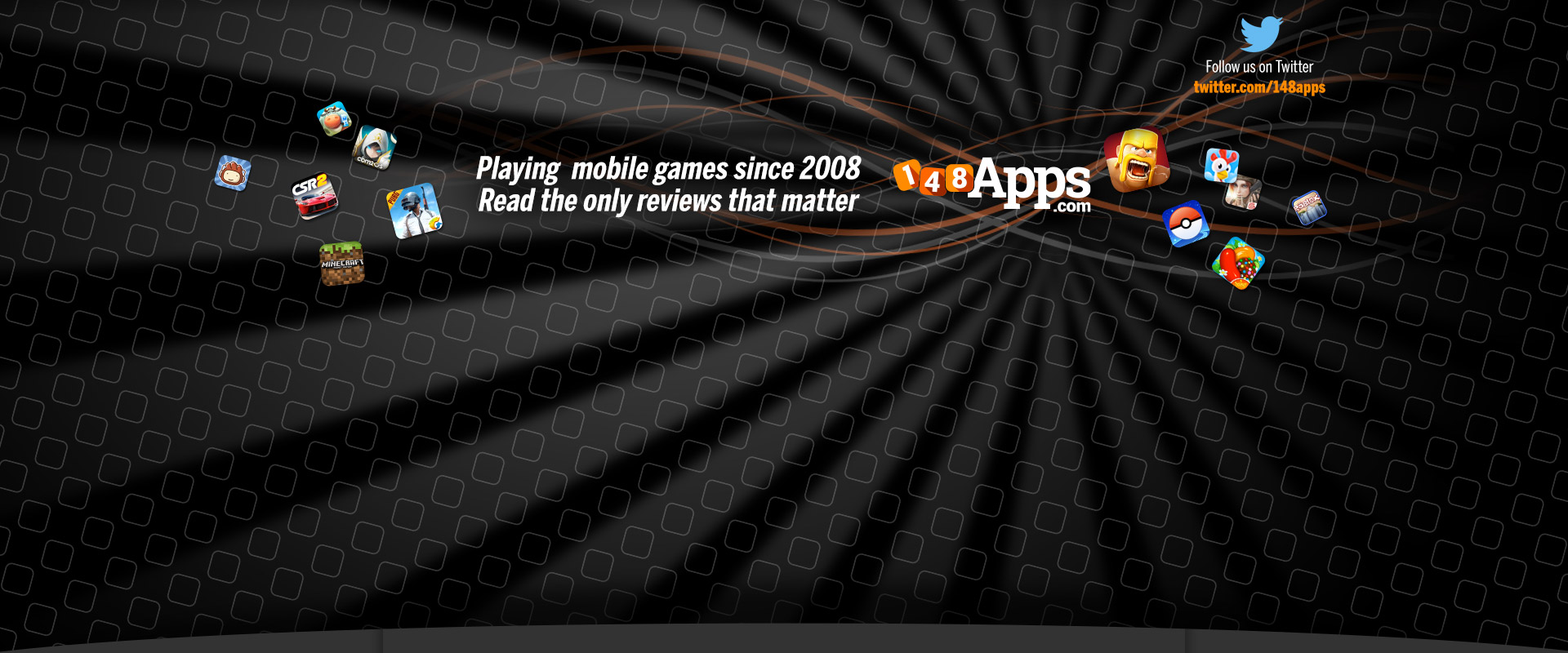
There is a major sea change occurring on the App Store for game publishers and developers. A clear shift is forming from the traditional premium release model to free to play and freemium titles, as the revenue for free games with in-app purchases dramatically increases, and the prices for paid games goes in the opposite direction.
According to a report recently released by Distimo, the average selling price of the 300 most popular premium games (meaning games that cost money to download) has declined from an average of $2.01 in June 2010, to only $1.44 in June 2011. This decline may be precipitated from an increasing number of publishers facilitating fire sales on their games; EA is particularly notable for their holiday sales where they drop the price on many games down to $0.99, a practice that became extremely lucrative for them when they held a variety of the top app positions on both the iPhone and iPad sides of the App Store.
However, just because the average price of games is on the decline, this does not mean that revenue is declining either; on the contrary, the total revenue from the top 200 grossing games increased by 79% from year to year. A big reason for this increase has come from free to play titles' in-app purchases, a mechanism that has increased in usage over the past year to the point where in June 2010, revenue from free games' in-app purchases rated as only 8% of total revenue for the top 200 games. As of June 2011, this rates as 52% of total revenue of the top 200 games on the App Store.
Not only are free to play games now becoming the biggest source of revenue for games on the App Store, they're also potentially more open for competition. The top 10 publishers of free games account for 27% of the total downloads of the top 300 free games, versus the top 10 publishers of the top 300 paid games generating 54% of those downloads, and one of those publishers is one-man developer Andreas Illiger of Tiny Wings fame. According to Distimo, Tiny Wings generated more downloads than Gameloft's numerous releases!
As other studies have shown, players who spend money in free to play titles spend more than on premium titles - Flurry notes that the average transaction in a free to play title is $14, a price point that only a few games (approximately 130 of 66,130 total games) have even reached, and a number that includes few notable titles outside of several Square Enix games released around that price point. Games that are shifting to a consumable in-app purchase model are finding that there is real money to be made there from the limited amount of players that do spend money in free to play titles, which appears to average about 3% of users that do spend money on in-app purchases, with some users that spend great amounts of money in these games.
The traditional way of selling games on the App Store is definitely changing, and this data shows that the rush to the bottom continues, as more games reach not just the $0.99 point of entry, but also by letting players download initially for free. However, revenue is still increasing; iOS devices are still being sold. There is still room to make money on the App Store, it's just that the ways for doing so have dramatically shifted in the last year.





